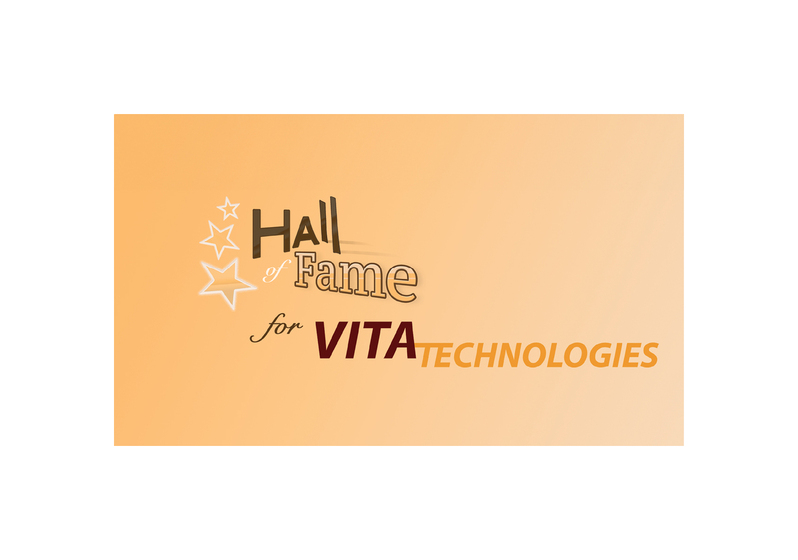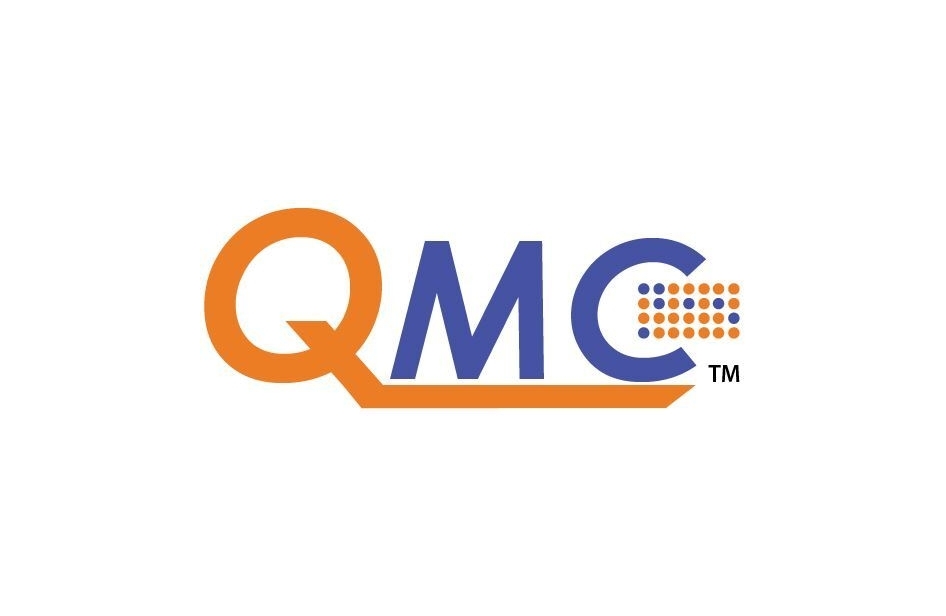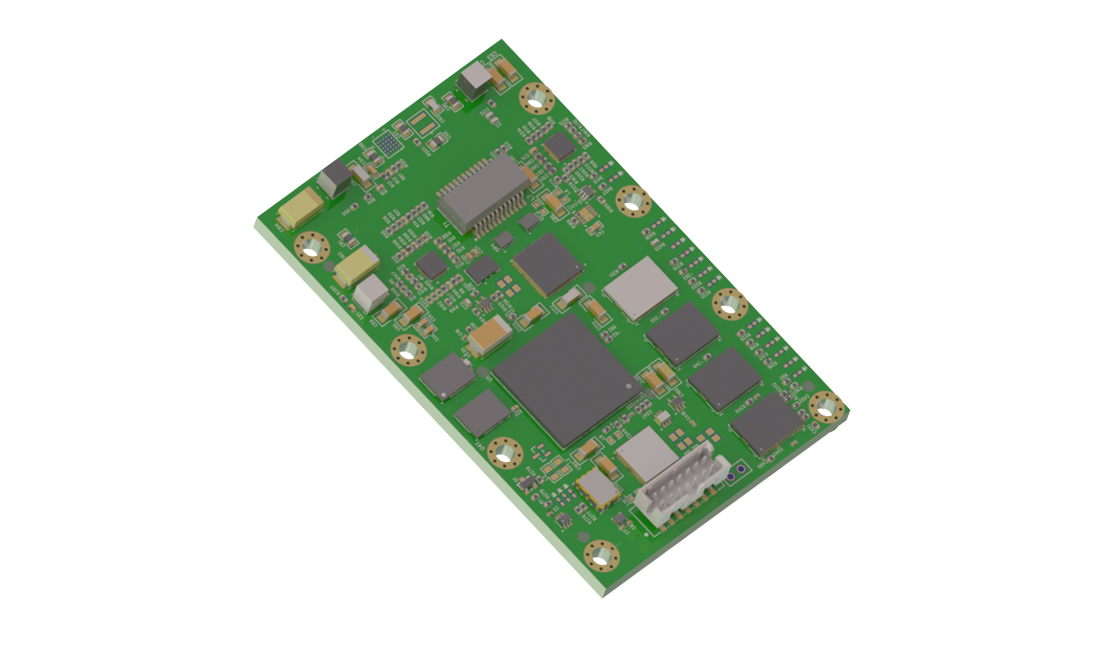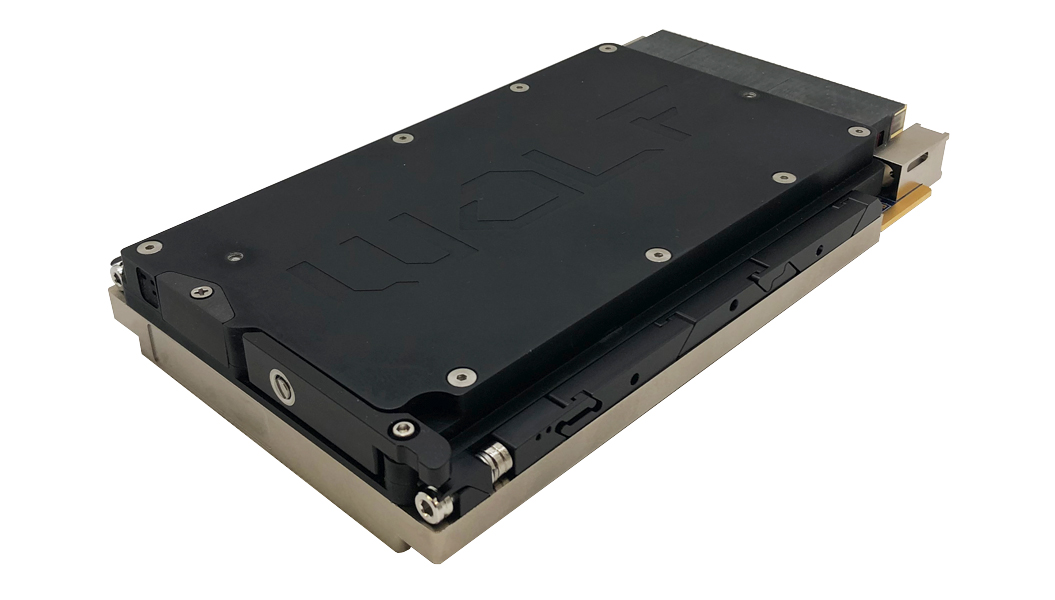Any residence that is equipped with devices and software that allow its occupants to control various aspects of their home remotely is classified as a smart home. The technology not only responds to user commands, but it can also be built to anticipate common commands to regulate the home’s functionalities. Smart homes also focus on the appeal of homeowners acquiring a fully-controlled environment that incorporates technology which can adapt to particular tastes. There are many initiatives found in this market today, with a sufficiently low rate of regulation.
Free PDF Sample For More Market insight can be Downloaded @ bit.ly/29DNSlC
Other factors that promote growth in the global smart homes market are an ageing population, government initiatives, and the inclusion of top electronics brands like Apple and Samsung into the picture. Most smart homes market players aim to increase controllability and security, along with providing time-saving and energy-saving alternatives. North America is the current leader in the smart homes market, followed closely by Europe and the Asia-Pacific region. The smart homes market is set to achieve double digits of growth percentages in developing countries over the next few years.
The top application insights in a smart homes market include lighting, entertainment, security, power management, and HVAC control. Government initiatives – especially in North America – include remotely controlling gas, water, and power meters to fall into the smart grid with ease. Security features include the use of sensors and alarms that intimate the homeowner of any activity within the control premises. Entertainment and utility features include remotely recording television programs and activating the washing machine or dishwasher.
Browse Full Market Report With Complete TOC @ bit.ly/29JvJ5v
The research document on the global smart homes market examines the scenario with the aid of detailed overviews and key market statistics. The report enunciates the industry’s overall capacities, aggregate growth rate, and infrastructure systems in use. It also explores the major opportunities for growth, as well as restraints on the smart homes market. Growing safety concerns and improvements in remote technology are the key driving factors in the smart homes market. The market also creates supplementary growth for all related markets such as smartphones, tablet PCs, and LED-makers.
Companies mentioned
The report incorporates the latest and archived developments in the smart homes market through its top competitors. The list includes names such as Revolv, Philips Hue, SmartThings, and Staples Connect.






